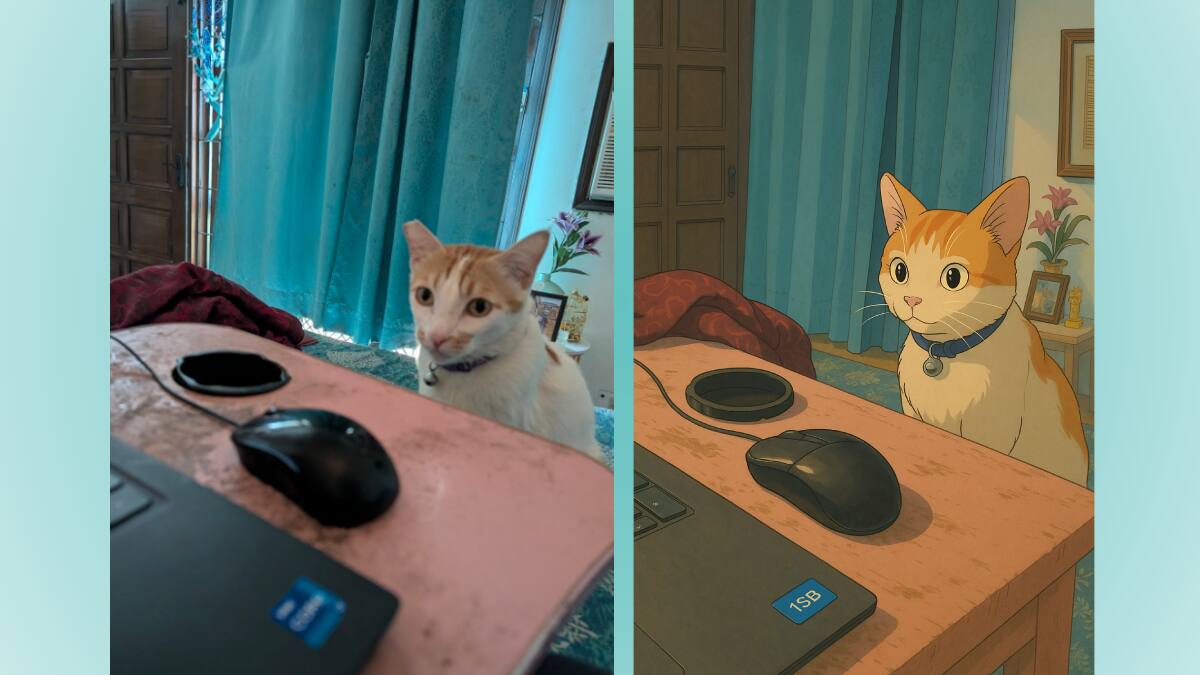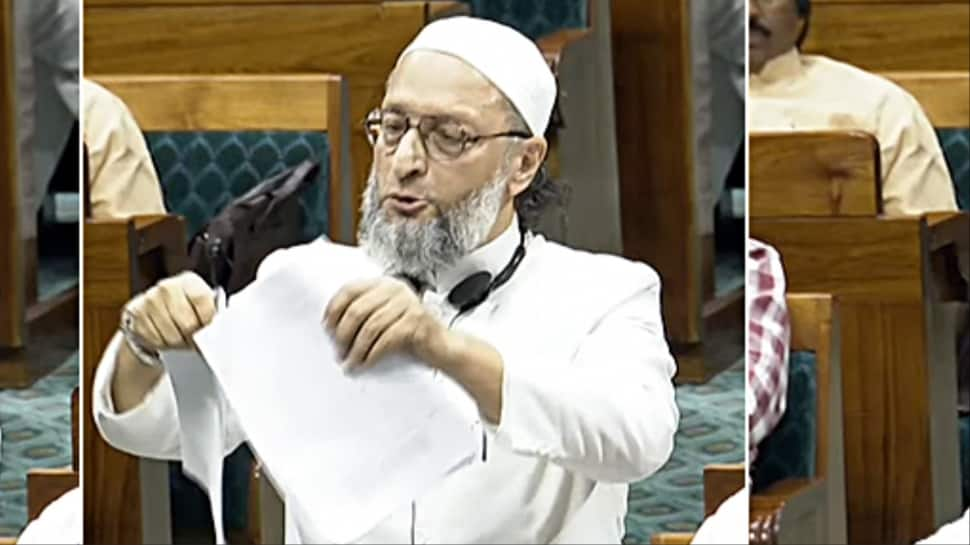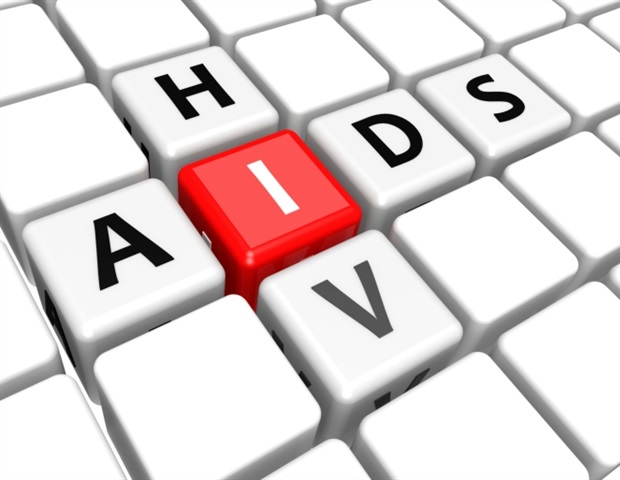
The internet is buzzing with AI-generated Ghibli-style portraits, thanks to OpenAI's latest image generator in ChatGPT. From celebrities to ordinary users, everyone is joining the trend, turning their selfies and viral memes into artwork inspired by the legendary Hayao Miyazaki. Not to be left behind, Elon Musk’s xAI has also introduced a similar feature in Grok 3, offering users free access to Ghibli-style AI images.
However, privacy advocates are raising red flags. While the AI-generated portraits have captured public fascination, experts warn that users might be unwittingly handing over their facial data to OpenAI and xAI, raising concerns about data security and AI training ethics. Privacy Risks: What Experts Are Saying Digital privacy activists on X (formerly Twitter) have voiced concerns that OpenAI could be leveraging this viral trend to amass thousands of voluntarily submitted images for AI training.

Unlike web-scraped images, which face regulatory scrutiny, these user-uploaded photos bypass such legal barriers, giving AI companies easier access to fresh data. Luiza Jarovsky, co-founder of the AI, Tech & Privacy Academy, pointed out in a detailed X post that users who upload their images are granting OpenAI consent to process them under GDPR’s Article 6.1.
a. This legal distinction removes the need for OpenAI to justify data collection under “legitimate interest,” offering the company more freedom in how it utilises the data. “Moreover, OpenAI's privacy policy explicitly states that the company collects personal data input by users to train its AI models when users haven't opted out,” Jarovsky explained.
She further emphasised that only OpenAI retains the original images, while social media platforms and competitors only see the AI-altered versions. A cybersecurity group named Himachal Cyber Warriors echoed these concerns, urging users to reconsider before uploading their selfies. "Think before you #Ghibli.
That cute Ghibli-style selfie? It might cost more than you think," they warned, highlighting potential risks like unauthorised AI training, data brokerage, and misuse. What OpenAI and Grok Have to Say OpenAI has yet to release an official statement addressing these concerns. However, when a user queried ChatGPT about the safety of uploading personal photos, the AI responded cautiously: “No, it's not safe to upload personal photos to any AI tool unless you're certain about its privacy policies and data handling practices.
OpenAI does not retain or use uploaded images beyond the immediate session, but it's always best to avoid sharing sensitive or personal images with AI services.” Grok’s response to a similar query was less reassuring. While it did not confirm explicit image retention policies, it acknowledged that many AI tools store uploaded data on servers where it could be vulnerable.
The chatbot suggested that Grok may use images for AI training by default unless users opt out via their X settings. With AI-generated portraits becoming the latest internet craze, experts urge users to think critically about where their data is going. While these tools offer fun and creative possibilities, they also raise essential questions about digital privacy and consent in the age of AI.
Also read Spirited Away? ChatGPT Seems To Be Spotting 'Ghosts' (& Babies) In Ghibli Photos.













